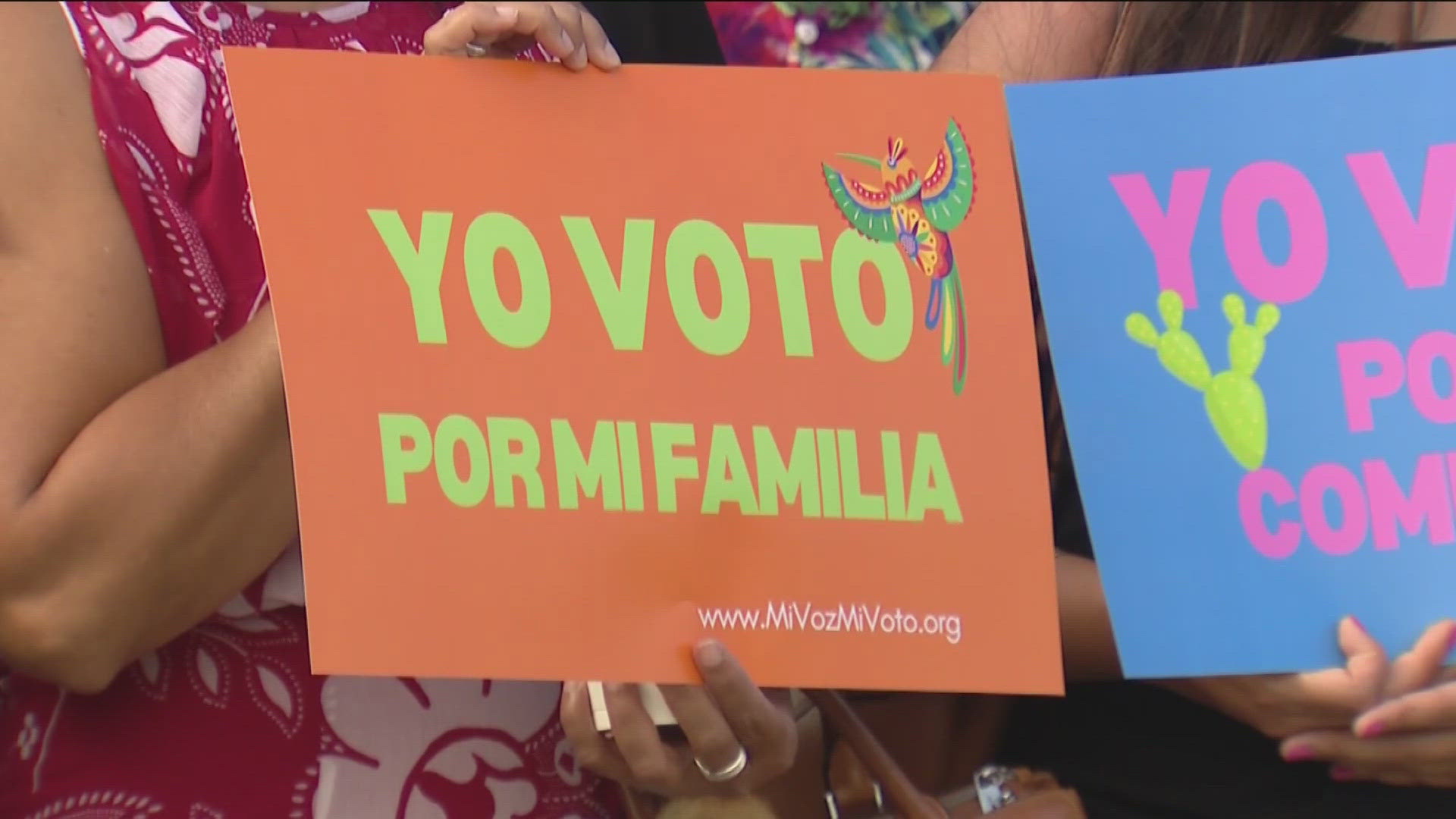SAN DIEGO — A comprehensive new study is challenging mainstream polling narratives about Latino voting patterns in the recent election, revealing a more nuanced picture of this crucial voting bloc.
UNIDOS, one of the nation's largest non-partisan Latino advocacy organizations, released findings that contradict earlier polls suggesting strong Latino support for former President Trump. While Axios reported Trump secured 46 percent of Latino votes, UNIDOS' extensive research tells a different story.
"Latino voters were not instrumental in the Trump victory," says Gary Segura of BSP Research, who led UNIDOS' study of 3,750 Hispanic voters across ten states, including key battlegrounds and California. "If no Latino had cast a ballot, the outcome would be unchanged."
The Hispanic Federation suggests traditional polling challenges, including language barriers, may have skewed other surveys.
"The danger of data from other polls is that the sample was not right," said Frankie Miranda, the President and CEO of the Hispanic Federation. "It was making broad generalizations, hijacking our narrative with deficient results."
Latinos, who represent 20 percent of the electorate, displayed complex voting patterns. While Edison Research initially indicated Trump won Latino men by a significant margin, UNIDOS found Vice President Harris maintained an overall lead, though the race was tighter among younger male voters. Both surveys acknowledge Trump's gains since 2020.
Economic concerns emerged as the driving force behind these shifts.
"Latino voters are sending a message to Democrats that they need to lean in on the economy and engage with these voters more effectively," Clarissa Martínez De Castro, VP of UnidosUS Latino Vote Initiative added.
Despite conflicting poll results, Latino civil rights advocates emphasize the importance of understanding these voting trends.
"We don't have to like it, but moving forward, we do need to try to understand it if we want to make progress," says Melissa Morales, founder and President of Somos Votantes. "Our mandate is ensuring Latinos see themselves in both our economic policies and messaging."
The study points to "pocketbook" issues - jobs, healthcare costs, and rising grocery prices - as key factors influencing Latino voters' decisions at the ballot box.

